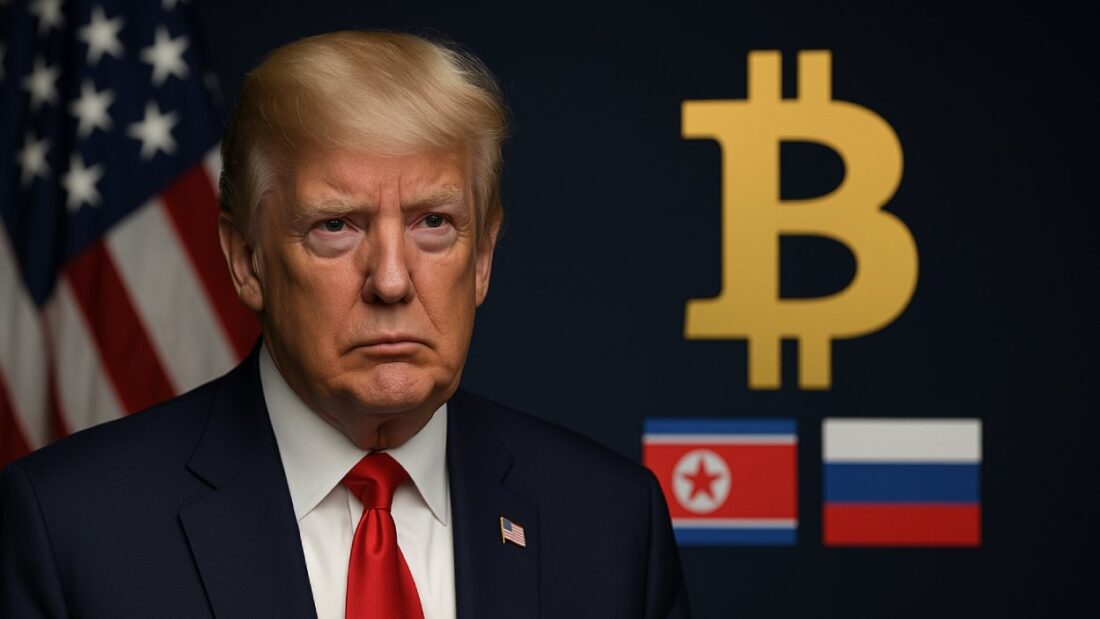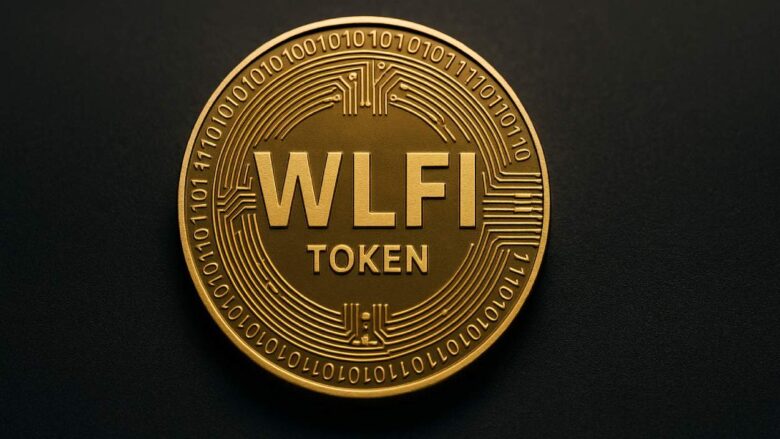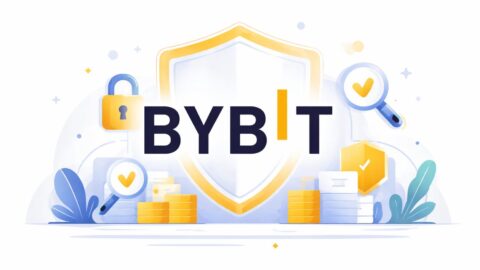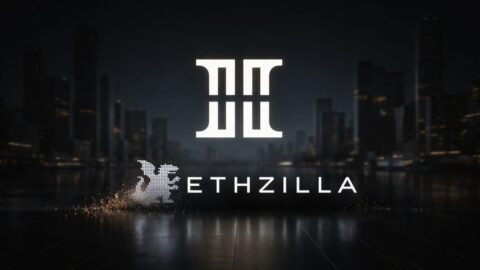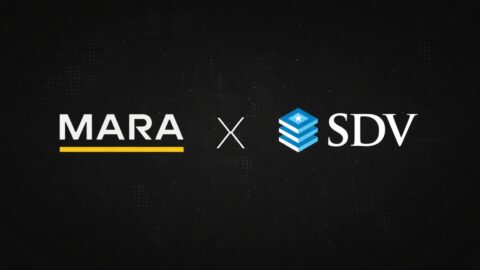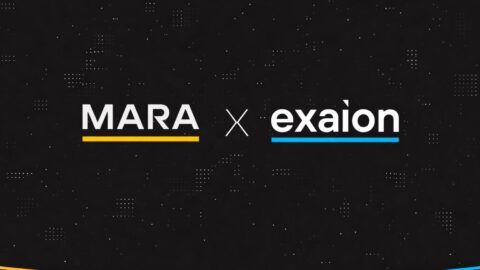Two U.S. senators have formally urged federal regulators to investigate the crypto firm tied to the Trump family, citing alleged token sales to actors tied to North Korea, Russia and other sanctioned networks.
Key Takeaways
- Senators Warren and Reed want an urgent investigation into World Liberty Financial (WLFI).
- The company allegedly sold crypto tokens to sanctioned entities from North Korea, Russia, and Iran.
- WLFI is closely tied to the Trump family, who benefit directly from token sales.
- The senators worry WLFI could be a national security risk and want answers by December 1.
What Happened?
Senators Elizabeth Warren and Jack Reed, members of the Senate Committee on Banking, Housing and Urban Affairs, have asked the Department of Justice and the U.S. Treasury to investigate World Liberty Financial (WLFI), a crypto firm tied to the Trump family. They claim WLFI may have enabled illicit financial activity through token sales to foreign adversaries and are demanding a response by December 1.
BREAKING: The Trump-owned Crypto company World Liberty Finance, has been found to have raised money from a group with ties to a notorious North Korean hacking organization, a sanctioned Russian “Ruble-backed sanctions evasion tool,” an Iranian crypto exchange and Tornado Cash, a… pic.twitter.com/ienk4Gd5mG
— Brian Krassenstein (@krassenstein) November 18, 2025
WLFI’s Foreign Links and Security Concerns
WLFI launched its governance token, $WLFI, in September. A report from Accountable.US, a nonprofit watchdog, claims WLFI sold tokens to traders linked to the North Korean Lazarus Group, a sanctioned Russian sanctions-evasion tool, an Iranian crypto exchange, and Tornado Cash, a platform known for money laundering.
One token sale in January, worth about $10,000, allegedly involved a trader connected to a wallet that is now sanctioned by the U.S. government. The senators say these sales gave bad actors a seat at the table, allowing them to influence the crypto company’s direction.
WLFI is also working on new products like a debit card and tokenized commodity assets, raising further concerns that its lack of controls could fuel illicit activity.
Trump Family’s Deep Involvement
The senators raised red flags about the Trump family’s financial stake in WLFI. An entity called DT Marks DEFI LLC, connected to Donald J. Trump and his family, owns 22.5 billion WLFI tokens and receives 75 percent of all token sale proceeds.
This means most of the money from token sales goes directly to the Trump family. The senators argue this creates a conflict of interest, especially if U.S. officials choose to prioritize token sales over enforcing anti-money laundering rules.
A previous report from Accountable.US estimated that $11.6 billion, or 73 percent of Trump’s net worth, is now tied to crypto assets, including a TRUMP-branded memecoin.
Push for Crypto Regulation
This investigation request comes at a time when Congress is debating new laws to regulate cryptocurrencies. Some of the changes could exempt governance tokens like $WLFI from strict oversight. The senators are warning that without proper controls, crypto interests may profit at the expense of U.S. national security.
Warren and Reed urged federal agencies to look into WLFI and report on any possible enforcement actions, ongoing probes, or regulatory concerns.
Company’s Response
WLFI denies any wrongdoing. A spokesperson said there is no conflict of interest and that the company follows strict anti-money laundering (AML) and know your customer (KYC) procedures. The company claims it rejected millions of dollars from buyers who did not meet its standards.
As of now, the Department of Justice and Treasury have not commented publicly.
CoinLaw’s Takeaway
In my experience, this is a clear example of how crypto and politics can create a messy and risky combination. WLFI may have had good intentions at launch, but when a company ends up linked to sanctioned foreign actors and is also funneling profits directly to the former president’s family, you have to take a hard look.
What stands out to me most is the conflict of interest. Even if this is a private business, the fact that top-level government figures could be making millions off it during active governance discussions is deeply troubling.
If Congress passes laws that weaken crypto oversight, the consequences could be serious. WLFI’s case is a reminder that crypto regulation needs to come with real guardrails.

